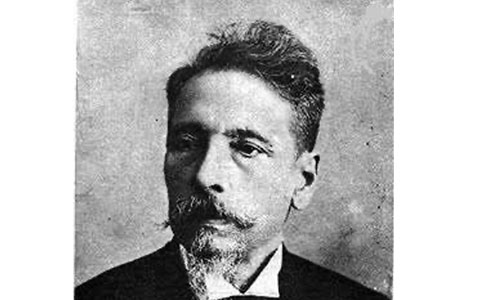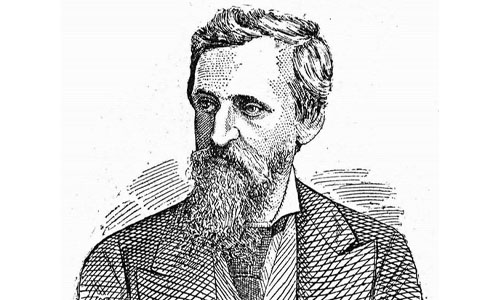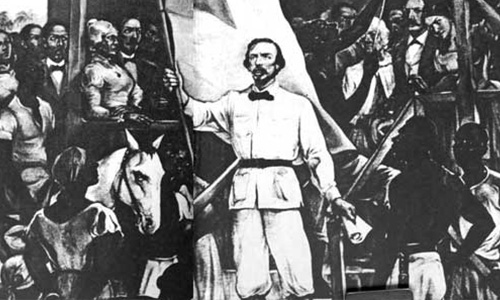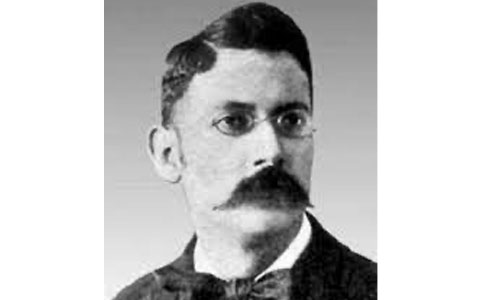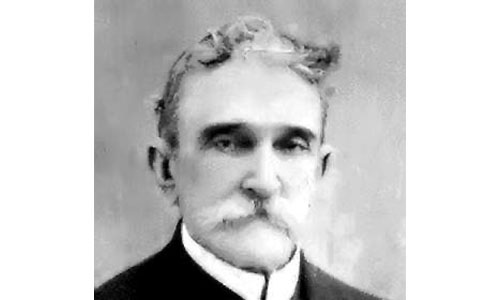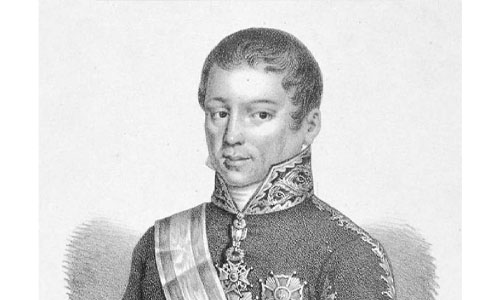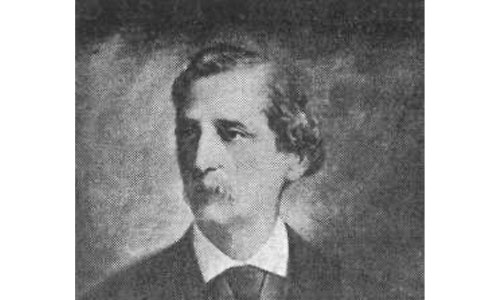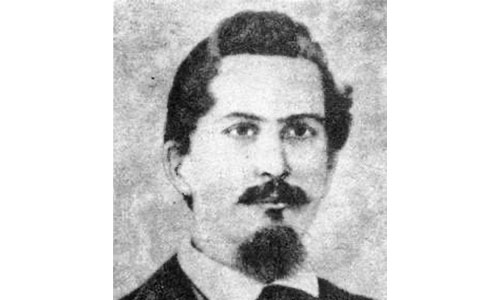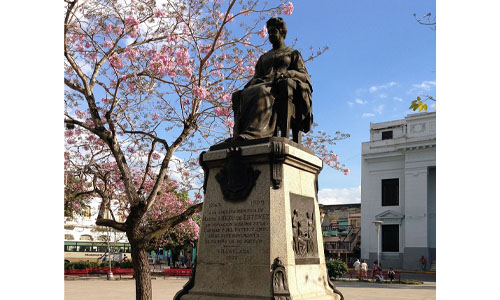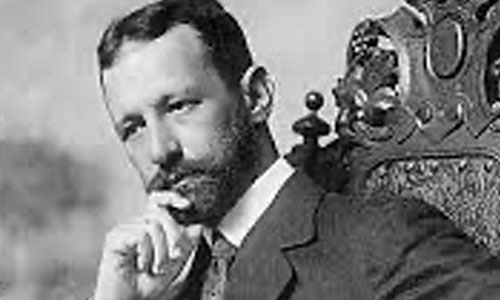Bartolomé Masó y Márquez (1830-1907)
Vice-president of the rebel government during the Independence War, 1895-1898 and then briefly president, October 10-December 31, 1898. Born in Manzanillo, Oriente province, he served as assistant to General Carlos Manuel de Céspedes y del Castillo during the Ten Years’ War (1868-1878), becoming the rebels’ secretary of war. He was captured in the Guerra Chiquita […]
Bartolomé Masó y Márquez (1830-1907) Leer más »

